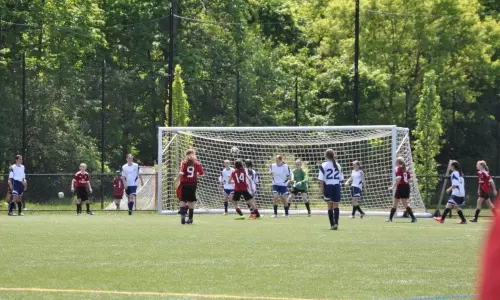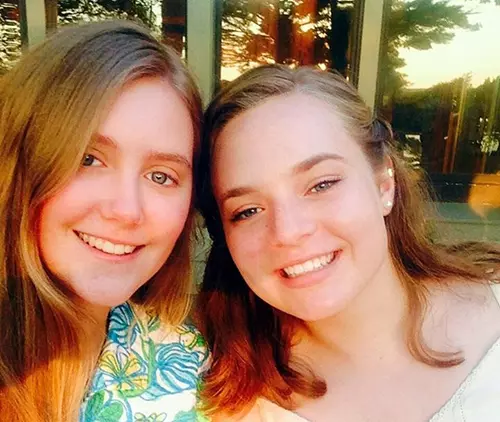
The truth is, I’m not fine. I have had daily chronic headaches, sometimes so severe I vomit; I feel dizzy when I stand up or turn around quickly; sometimes my vision blurs and I struggle to see the classrooms’ whiteboards; and despite my pre-concussion razor-sharp memory, I now sometimes struggle to remember the name of the main character in a book I just read. These things are not normal without a concussion, and it’s ok to acknowledge that.
There have been so many times that having PCS has embarrassed me. Over Christmas, I went to a party with family friends whom I had known since I was very young. These were people who care about me, yet I was so anxious going in there because I didn’t want to tell them that I had to take a medical leave from school. At the party, I avoided eye contact and talked to as few people as possible, which is very unlike me. I was worried that even these friends wouldn’t understand and would think that I wasn’t strong or driven enough to continue. I was even worried about telling some of my extended family. Several of my cousins had graduated from the same high school and I felt awkward having to admit that I had to defer my junior year to recover, though it was certainly no fault of my own.
Nobody should be embarrassed about having PCS. You didn’t ask for this injury, and PCS is a very real condition that is difficult to deal with. If you’re trying your best, that is all you can do and all anyone can ask of you. You should be able to talk about it.
I never liked to talk with most people about my lingering concussion symptoms. I didn’t want to look weak or feel like a victim. Even though I was coping pretty effectively with the injury, and still performing well in school, I feared that if I shared my symptoms, they would make me look subpar.
The main reason that I kept silent was that I worried that people wouldn’t understand. I definitely get weird looks, disbelief, and a lot of questions when I have to tell someone that I’m still suffering with concussion symptoms after three years. Even a sports trainer who should be informed about PCS said in front of teammates that I didn’t have a concussion when I had been suffering with PCS for two years. That is tough to deal with when you are already self-conscious about being concussed. All in all, I often felt it was better to not give anyone a chance to say something hurtful.

In retrospect, it is better to never stop talking about it. What you are dealing with is probably one of the hardest things you’ve gone through, more than most kids your age have had to endure, and you deserve to talk about it.
If someone doesn’t understand your suffering, don’t feel bad and get filled with self-doubt, but educate him or her. Tell them about PCS and your experiences and inform them about the medical evidence if they question. For every few people who roll their eyes or ask you if you’re “milking it,” there will be a true friend who cares and tells you that you’re strong and that you are doing a fantastic job coping. Those are the people you keep in your corner. I regret not standing up to more people when they questioned my injury.
There’s a balance between acknowledging that you have PCS and that it is hard, but not letting it consume you and your life.
I definitely had trouble with the acknowledging part. My mentality was to just keep on going, and not to dwell on what I had lost and how PCS was affecting me daily. After a while, the symptoms just become normal. When I eventually had to take a medical leave from school after my second concussion, and there was no more pretending that nothing was wrong, the years of symptoms and losses hit me so hard. All of the emotions of having to leave my school community, my friends, my great teachers, my beloved extracurriculars plus two and a half years of pent up frustration and losses hit me all at once.
I encourage you to keep checking in with yourself. Ask yourself how you’re really doing and give yourself an honest answer—don’t push those questions away to save for later. Find those good, supportive friends or family members and keep talking to them. Be honest with them as well. I have found that talking about it with others is often the most therapeutic and you shouldn’t have to go through this alone.
It’s ok to not be ok. It’s ok to ask for help. Always keep fighting, but it’s about the big picture, not each little battle. If you can’t do a homework assignment, don’t stay up late with an excruciating headache to try and finish because you aren’t getting anything out of it and you’re hurting yourself. Give yourself a break and go to bed. Your teacher will understand. Look at your recovery in its entirety and be happy with how far you’ve come and how much you’ve achieved.
Don’t get hung up on all of the losses, but allow yourself to acknowledge all that you have been through. Only then can you truly move on.